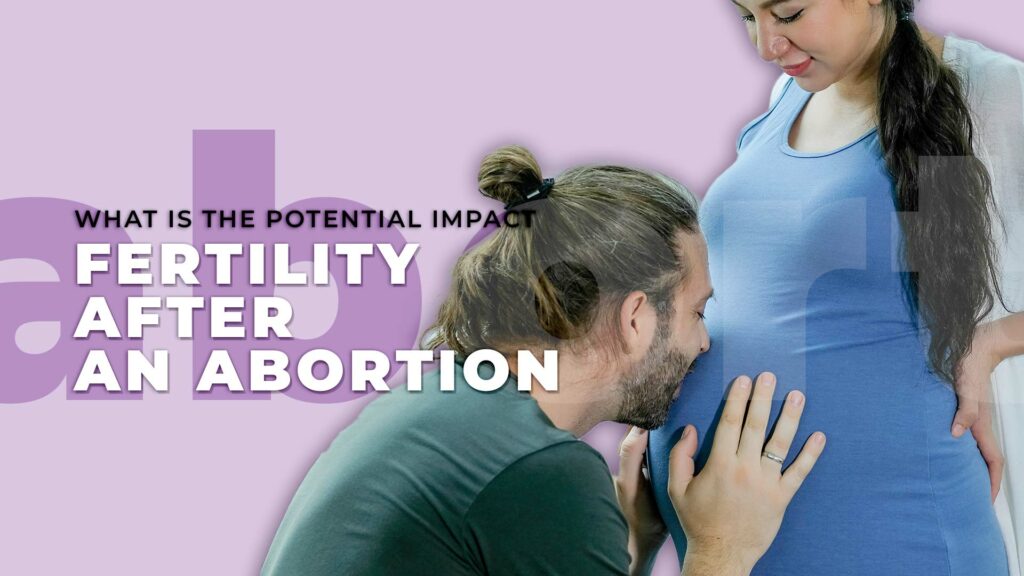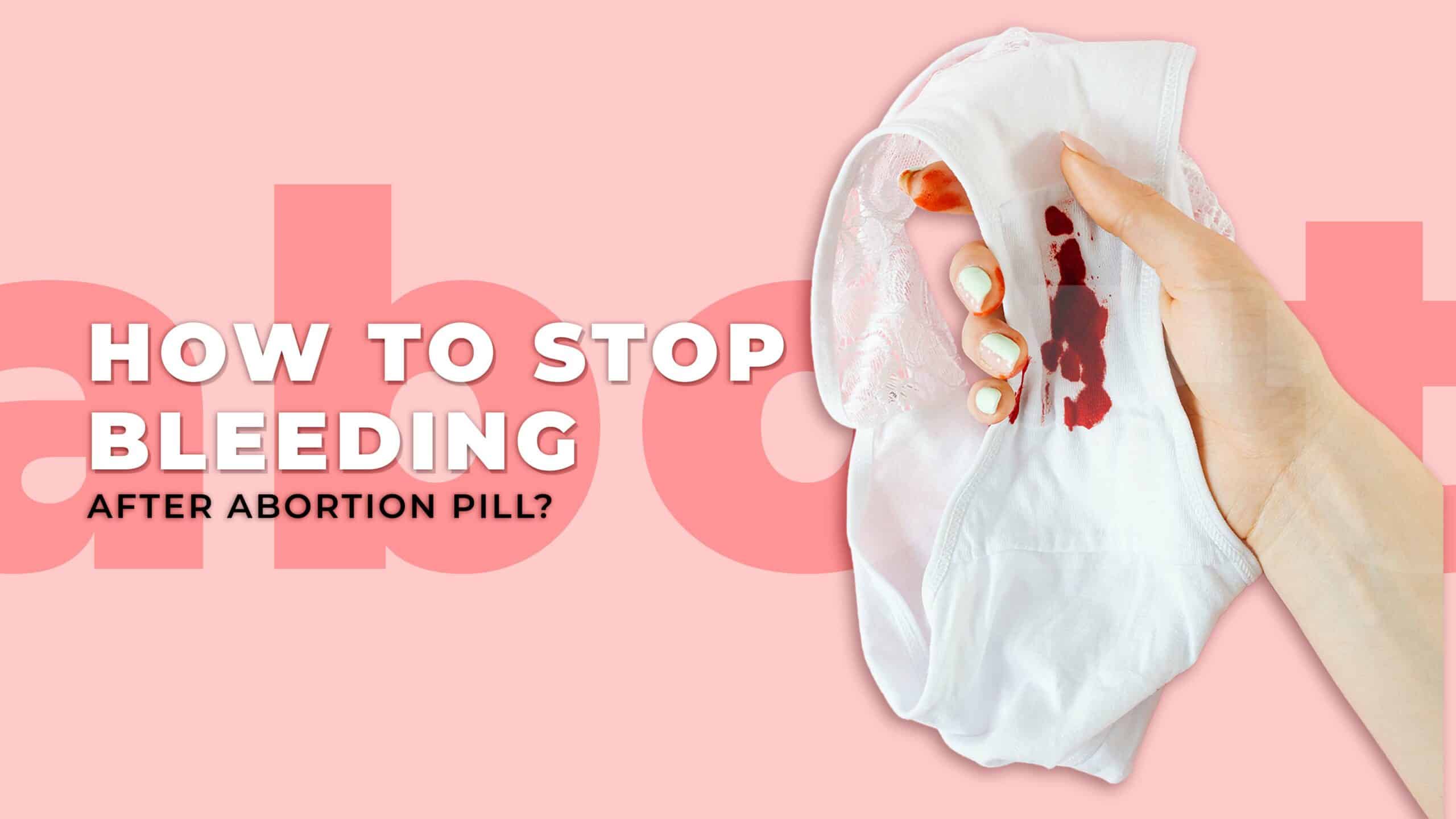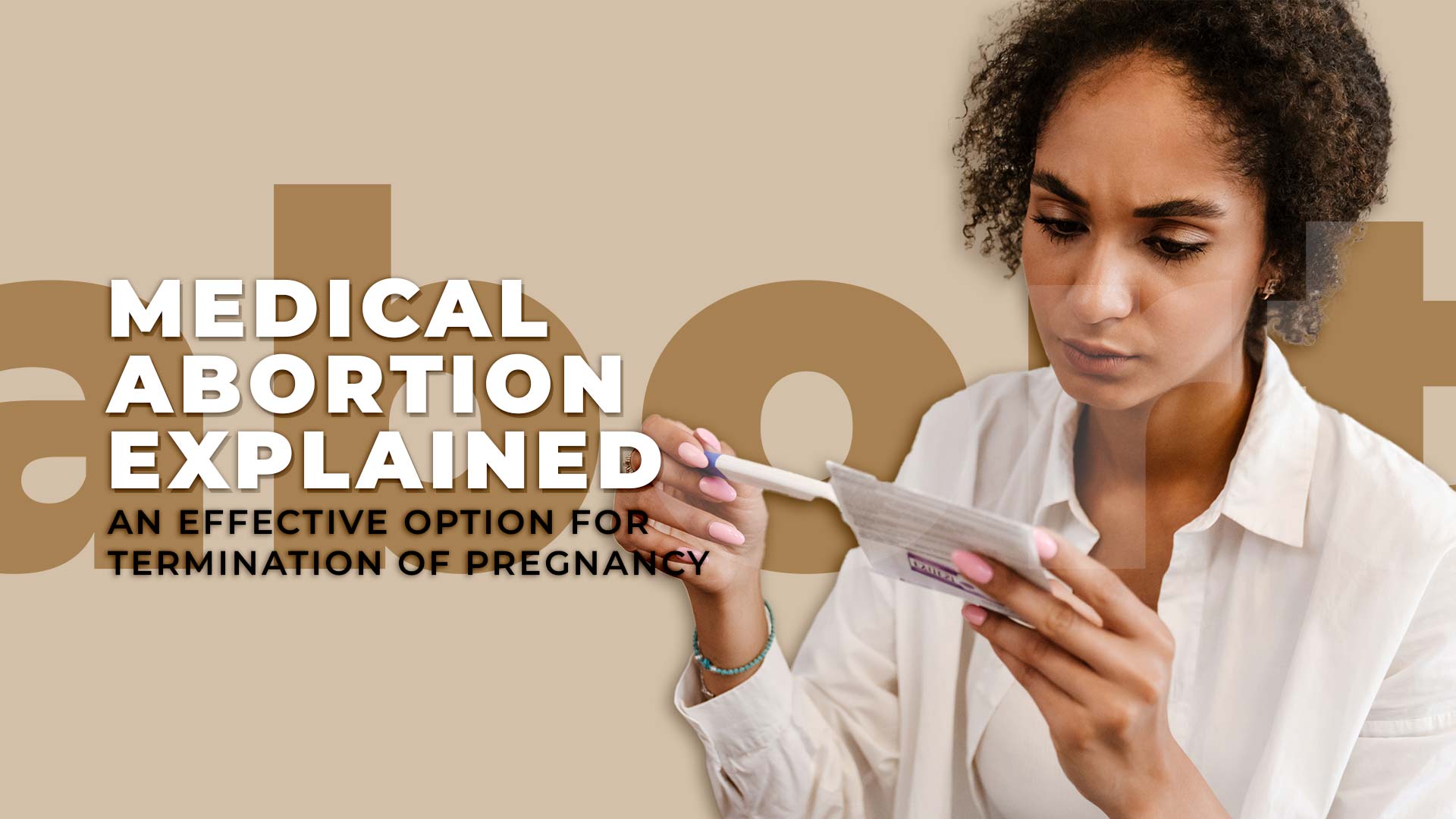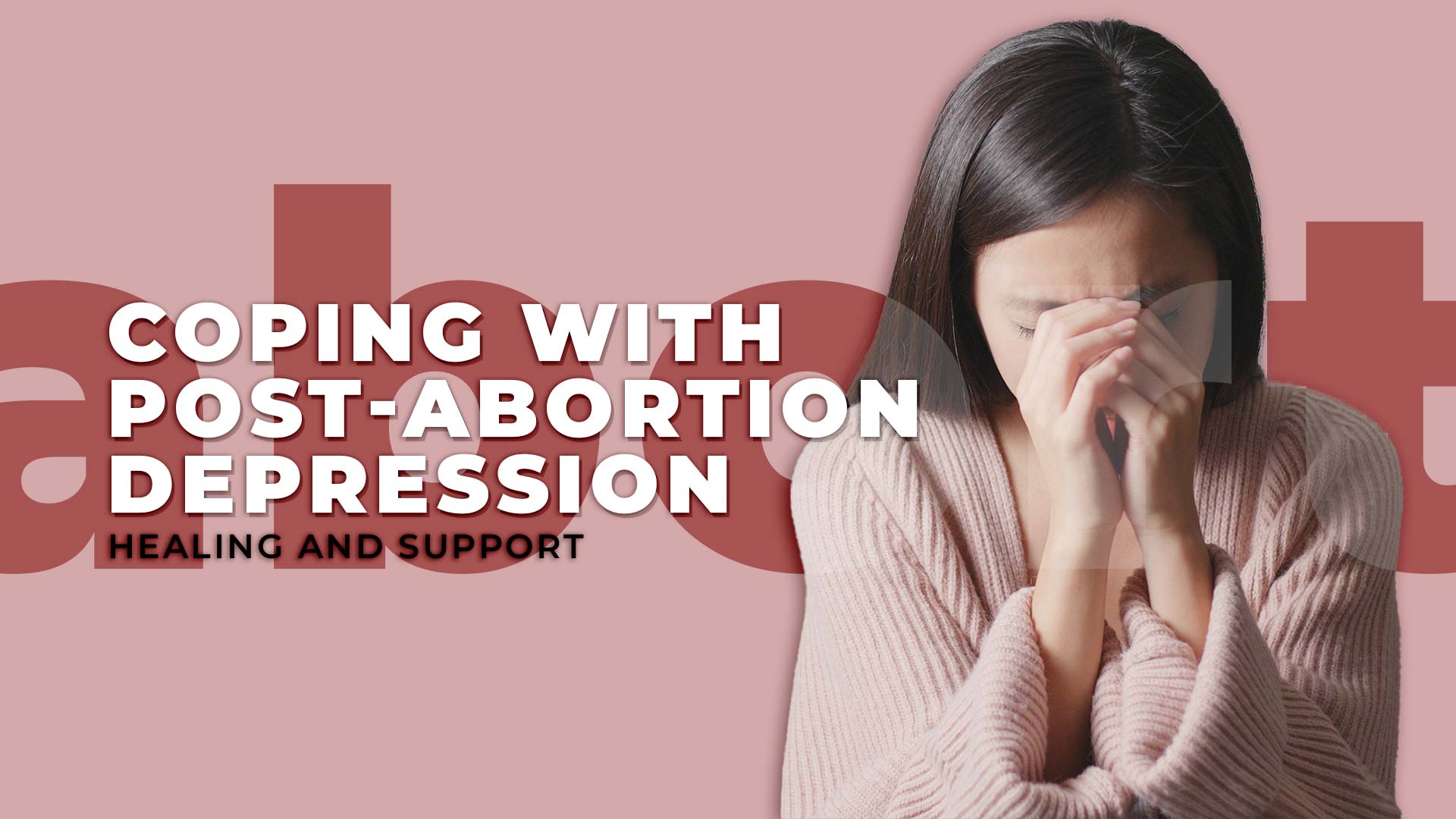Abortion pills, also known as medical abortion or medication abortion, are a safe and effective method for ending a pregnancy. However, there are concerns about whether abortion pills can cause damage to the womb.
Abortion pills are a non-invasive method of terminating a pregnancy. They work by blocking the hormone progesterone, which is essential for maintaining pregnancy, and inducing contractions to expel the pregnancy. This method is considered safer than surgical abortion, which involves the use of instruments to remove the pregnancy from the uterus.
In this article, we will explore the potential risks and side effects associated with abortion pills and their impact on the womb.
Can Abortion Pills Cause Damage to the Womb?
In general, abortion pills do not cause damage to the womb. Medical abortions (using pills) are a safe and effective way to terminate an early pregnancy, and serious complications are rare. However, as with any medical procedure, there are potential risks and side effects associated with using abortion pills.
In rare cases, complications can occur, such as incomplete abortion, heavy bleeding, or infection, which can cause damage to the womb or other parts of the reproductive system. It’s important to follow the instructions of your healthcare provider and seek medical attention if you experience any concerning symptoms after taking the abortion pills.
Possible Side Effects of the Abortion Pill
The use of medication abortion has a track record of safety spanning over two decades in the United States, but there is a slim chance of encountering severe complications. These complications include
- the failure of the abortion pills to work,
- the retention of some pregnancy tissue in the uterus,
- blood clots in the uterus,
- excessive or prolonged bleeding,
- infection, and
- an allergic reaction to any of the medications used.
These issues are not frequent, and if they do occur, they can typically be resolved using medicine or other treatments.
In exceedingly rare instances, certain complications can be very severe or even life-threatening. You should contact your doctor or health center immediately if you
- do not experience any bleeding within 24 hours of taking the second medication (misoprostol),
- have heavy bleeding from your vagina that soaks through more than two maxi pads in an hour for two or more hours consecutively,
- pass large clots (larger than a lemon) for over two hours,
- experience abdominal pain or cramps that do not respond to pain medication,
- have a fever of 100.4 or higher more than 24 hours after taking misoprostol, or
- have weakness, nausea, vomiting, and/or diarrhea that lasts more than 24 hours after taking misoprostol.
You should begin to feel better the day after your abortion. Feeling unwell with symptoms like
- nausea,
- vomiting,
- diarrhea,
- abdominal pain, or
- a fever for more than 24 hours
following misoprostol (the second set of pills) may indicate infection, and you should contact your doctor or nurse right away if you experience any of these symptoms. In the rarest of cases, serious issues can lead to death, but abortions are generally very safe. In reality, abortions are less risky than most pregnancies and childbirth.
If you experience complications during your medication abortion, you may need to return to your doctor’s office or health center. If, in the unlikely event, you are still pregnant, your doctor or nurse will discuss your options with you. You may need another dose of medication or an in-clinic abortion to terminate the pregnancy.
The abortion pill, like any medication, may not be suitable for everyone. The abortion pill may not be appropriate for you if you have certain medical conditions or are taking specific medications. Your doctor or nurse will talk to you and assist you in determining whether the abortion pill is the best option for you
The Abortion Pill and Its Risks
- Infections: One of the potential risks of the abortion pill is incomplete abortion, which may result in remaining fetal tissue in the uterus that can cause severe and life-threatening infections if left untreated. To avoid this risk, it’s essential to make sure that your pregnancy is not beyond ten weeks. A recommended step is to undergo an ultrasound scan at a local pregnancy center.
- Lack of Access to Treatment: Medical abortions are typically performed at home without medical supervision. While the process seems uncomplicated, it’s still a significant medical procedure and may lead to serious health complications. Women who do not have access to emergency healthcare in case of complications should not take the abortion pill.
- Hemorrhaging: Although rare, hemorrhaging is a potential complication that may arise after taking the abortion pill. It causes excessive bleeding, which could lead to death. In case of significant bleeding, seek medical assistance immediately.
- Pelvic Inflammatory Disease (PID): Abortion may increase the risk of developing PID, particularly when infected with chlamydia, a sexually transmitted disease. The consequences of PID may include infertility, abscesses, and chronic pain. Therefore, before considering an abortion, it’s crucial to get tested for STDs. At Colorado Springs Pregnancy Center, you can receive free STD testing.
- Mental Health Complications: Abortion can trigger mental health issues such as anxiety, depression, or trauma-related symptoms. It’s essential to consider all pregnancy options carefully to avoid unnecessary trauma. At Colorado Springs Pregnancy Center, you can receive free options counseling to make the best choice for you.
- Increased Infertility: Infections caused by the abortion pill can result in uterine scarring, which may cause future infertility and ectopic pregnancies. It’s important to consider this risk and evaluate your future family plans before deciding if the abortion pill is right for you.
Are There any Long-Term Effects of the Abortion Pill?

The abortion pill is a safe and effective method of terminating a pregnancy, and it has been used by millions of people without any long-term health consequences.
Unless a serious complication arises and goes untreated, there is no risk to your future pregnancies or overall health. Contrary to some myths, having an abortion does not increase your risk of breast cancer or affect your fertility. It also does not cause problems for future pregnancies such as birth defects, premature birth or low birth weight, ectopic pregnancy, miscarriage, or infant death.
While serious and long-term emotional issues following an abortion are rare, they can occur in certain circumstances, such as if the pregnancy had to be terminated due to health reasons, if the individual lacks support for their decision, or if they have a history of mental health problems. However, most people feel a sense of relief after having an abortion.
It’s important to be aware of myths surrounding abortion and to seek accurate information from healthcare professionals about any concerns or potential side effects of the abortion pill. Your nurse or doctor can provide you with reliable information to help you make informed decisions about your reproductive health.
What is the Potential Impact on Fertility After an Abortion?

According to the American College of Obstetricians and Gynecologists (ACOG), undergoing an abortion generally doesn’t affect a person’s future fertility. Additionally, it doesn’t increase the likelihood of pregnancy complications if they decide to become pregnant again.
To prevent unintended pregnancy, many doctors suggest using birth control immediately after the abortion procedure, as pregnancy can occur once a person begins ovulating again.
It’s also recommended to refrain from sexual activity for a period of time after an abortion to allow the body to heal.
If someone has trouble conceiving after an abortion, it’s essential to consider other potential factors that could affect their fertility since a previous abortion is unlikely to cause infertility. These factors can include age, lifestyle habits such as smoking or drug use, medical history, or their partner’s fertility.
If someone is experiencing difficulties conceiving, it’s recommended to consult a gynecologist. They can provide guidance on lifestyle adjustments that may help, and refer the person to a fertility specialist who can help identify underlying causes and possible treatment options.
When To Get Help?

As previously stated, it is recommended that you see your healthcare provider 1 to 2 weeks after taking the abortion pill. However, if you have any concerns, do not hesitate to contact them sooner.
Although we have discussed some conditions that require immediate medical attention, such as heavy bleeding, persistent fever, and severe abdominal pain, it is crucial to inform your healthcare provider if you experience any side effects that do not improve, worsen, or cause you concern.
Final Thoughts
Ending a pregnancy through medical abortion is considered to be a secure and efficient method. Nonetheless, there might be certain side effects, such as cramping and bleeding, that you may encounter during the process. It is crucial to schedule a follow-up appointment with your healthcare provider after one or two weeks to ensure that everything is normal.
In addition, although rare, there are some severe side effects and risks, such as infection and excessive bleeding. If you experience any sickness symptoms more than 24 hours after taking misoprostol, it is necessary to contact your healthcare provider immediately.
References
Murray, S., et al. (2005). Septic shock after medical abortions with mifepristone (Mifeprex, RU 486) and misoprostol. CMAJ: Canadian Medical Association Journal.
Planned Parenthood. (n.d.). In-clinic abortion.
Planned Parenthood. (n.d.). What can I expect after I take the abortion pill?
The American College of Obstetricians and Gynecologists. (2020). Medication abortion up to 70 days of gestation.
The American College of Obstetricians and Gynecologists. (2021). Dilation and curettage (D&C).
U.S. Food and Drug Administration. (n.d.). Mifepristone U.S. post-marketing adverse events summary through 12/31/2018.
U.S. Food and Drug Administration. (2021). Information about mifepristone for medical termination of pregnancy through ten weeks gestation.





